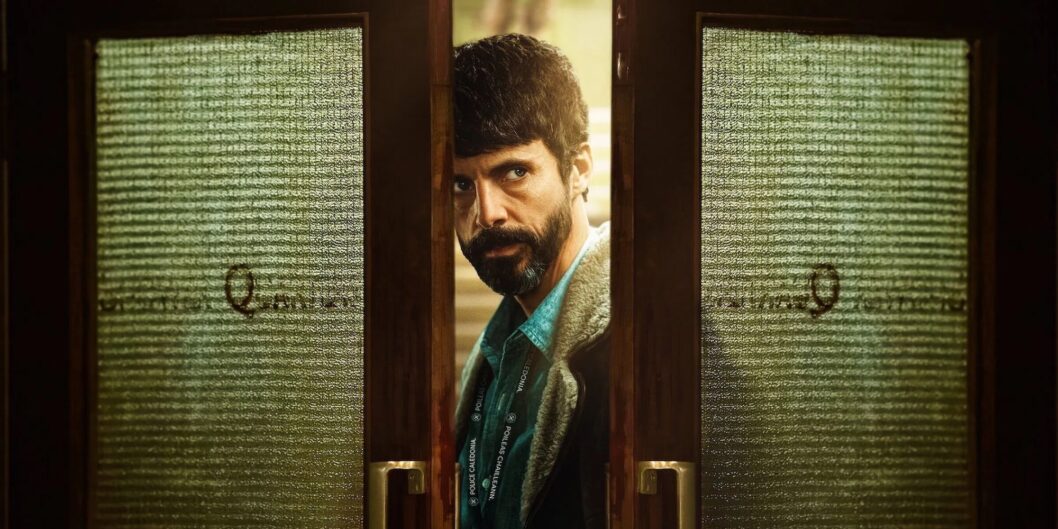Netflix’s Dept. Q: A Promising Whodunit with Strong Performances
Created by Scott Frank and adapted from Danish author Jussi Adler-Olsen’s book series, Dept. Q debuts on Netflix as a darkly comedic police procedural with strong potential. Starring Matthew Goode—known for his roles in The Crown and Downton Abbey—as the lead character, detective Carl Morck, the series presents a mix of humor and intrigue that keeps viewers engaged. Despite some narrative shortcomings, it leaves room for future development and renewal.
Plot Overview: A Dark Beginning
Dept. Q kicks off with a gripping flashback where an improvised investigation leads to disaster, resulting in the paralysis of Morck’s partner and the murder of a young cop. This incident leaves Morck grappling with survivor’s guilt and PTSD. His difficult reintegration into the police force finds him assigned to a basement office, a repurposed shower facility turned into the new cold case department. Here, he teams up with rookie cadet Rose (played by Leah Byrne) and Syrian refugee Akram (portrayed by Alexej Manvelov). Together, they investigate the long-unsolved disappearance of local prosecutor Merritt Lingard (played by Chloe Pirrie), all while Morck navigates his own troubled family life and strained therapy sessions with police counselor Dr. Rachel Irving (played by Kelly Macdonald).
Character Dynamics: Strength in Performance
The show shines through its lead performances. Matthew Goode portrays Morck as a gruff yet compelling protagonist. Despite taking on a well-worn archetype, Goode’s mix of dark humor and depth transforms the character into something uniquely engaging. Notably, his interactions with Aaron McVeigh, who plays his stepson Jasper Stewart, offer some of the show’s most heartfelt moments, highlighting a complex, emotionally charged bonding often portrayed in an understated manner.
Kelly Macdonald also stands out, bringing warmth and intensity to her role as Dr. Irving. The psychological interplay between Morck and Rachel resonates, serving as the show’s emotional core and showcasing both actors’ exceptional talents. Their scenes raise the bar, making one wish more time had been devoted to their dynamic.
Critique: Uneven Narrative
While the acting is commendable, the series suffers from narrative bloat. With a convoluted structure, the investigation unfolds over nine episodes filled with numerous leads and characters. Some critics argue that the storyline could have benefited from condensation, possibly being more effective with fewer episodes. This narrative complexity occasionally detracts from the urgency and focus of the central mystery.
The character of Akram also reflects missed opportunities. Though portrayed admirably by Manvelov, his character lacks depth, serving more as a plot device than a fully realized individual. Giving Akram room for growth could have enriched the overall storytelling, rather than stretching the plot with superfluous subplots.
Conclusion: A Show with Potential
Dept. Q is a gripping addition to the whodunit genre, appealing to fans with its engaging performances and sharp dialogue. Its blend of humor and psychological intrigue provides ample opportunity for exploration in future seasons. Given that Adler-Olsen has penned ten novels in the series, there’s a wealth of material from which to draw. If Dept. Q finds an audience, subsequent seasons could very well elevate its already strong aspects while addressing its narrative shortcomings.
All episodes of Dept. Q are available for streaming on Netflix, providing viewers a chance to delve into this promising new series. As the genre continues to evolve, the foundation laid in this initial season offers hopeful prospects for its future, making it a noteworthy addition to Netflix’s catalog.









